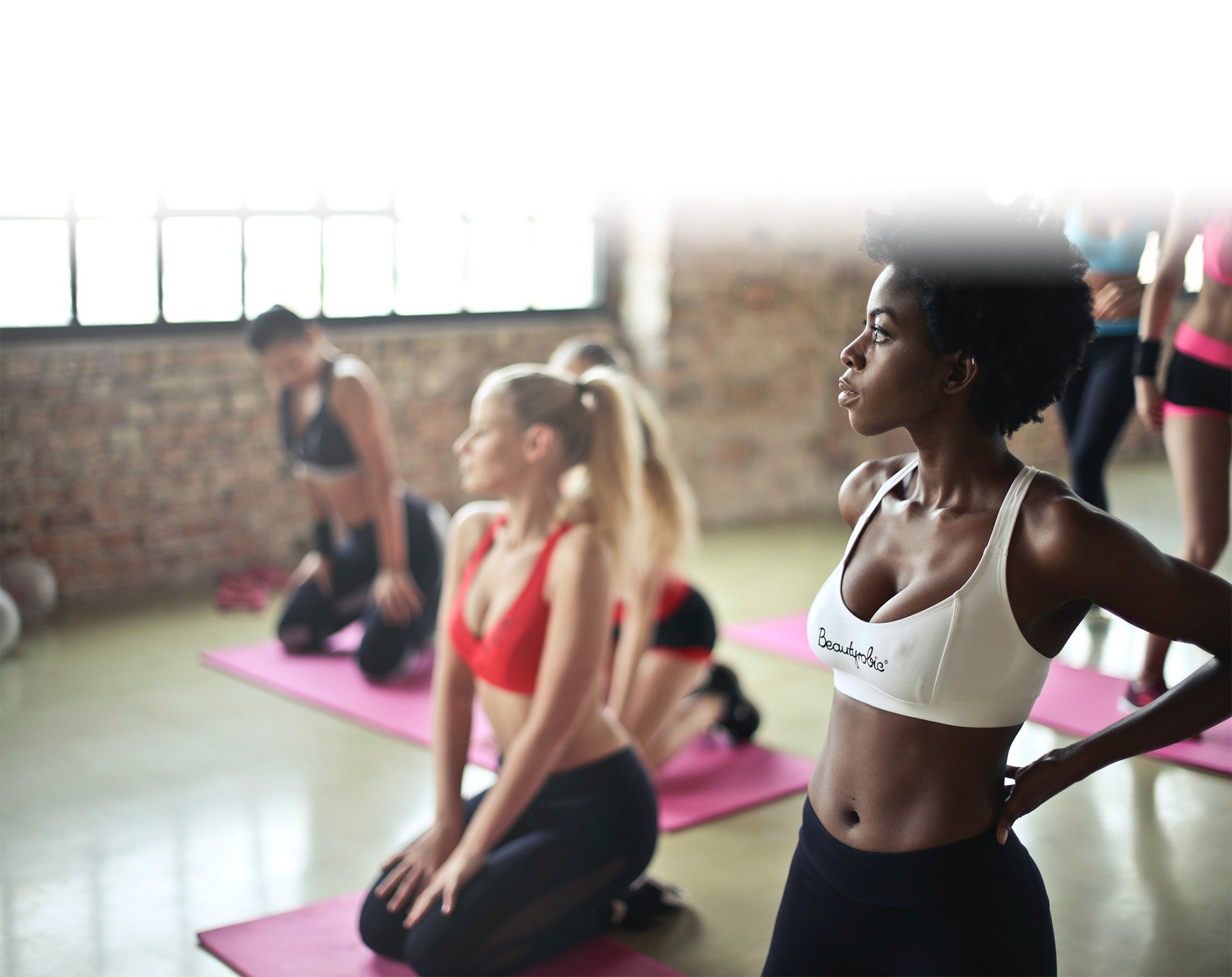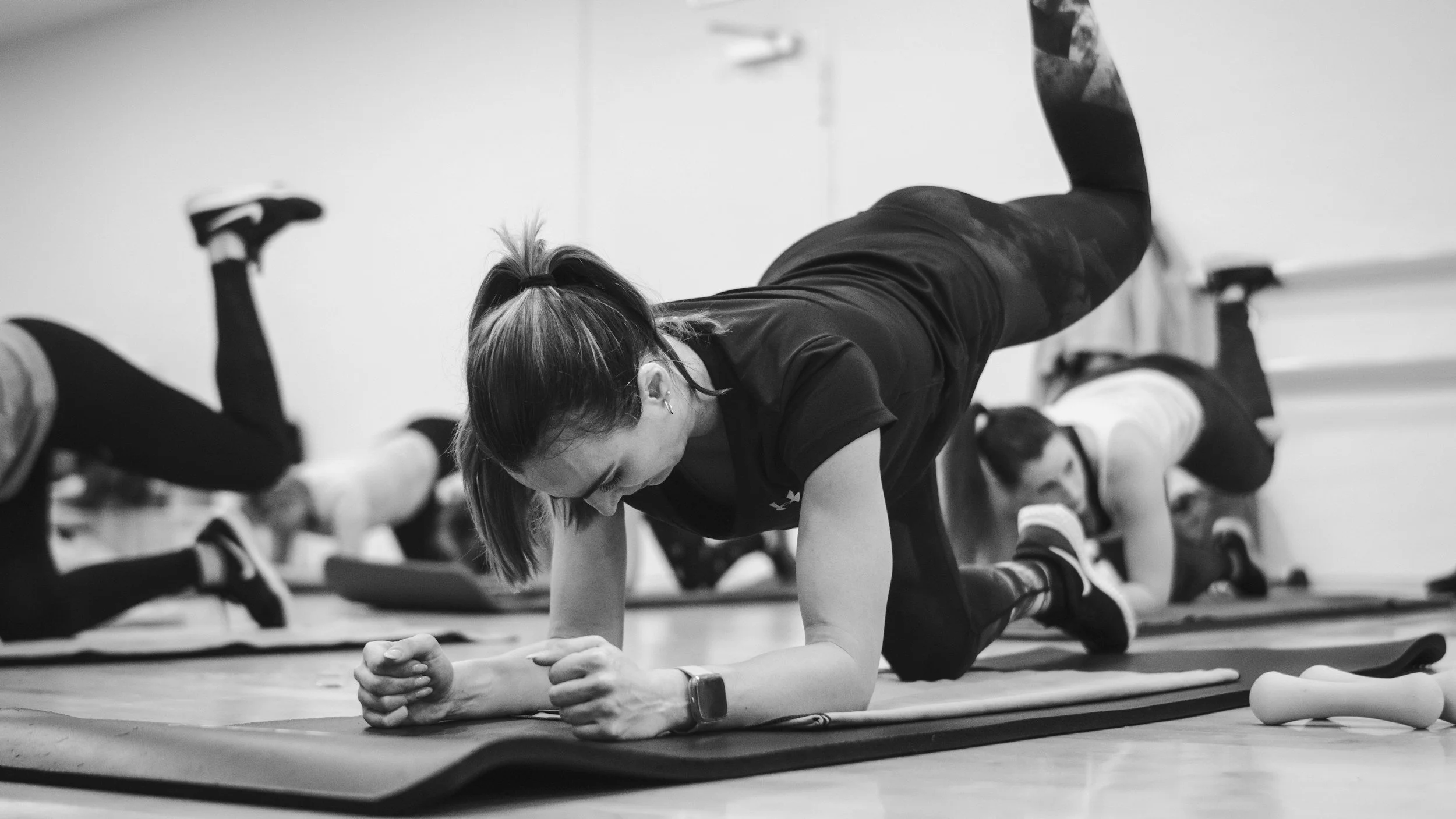
Our Blog
What are VALD force plates and Why Does My Physio Use Them?
When you come into the clinic, you might notice your physiotherapist using a piece of equipment that looks like a flat metal plate connected to a computer. This is called a forceplate – and it’s one of the most advanced tools available to measure how your body moves and performs. But what exactly does it do, and why is your physio using it with you?
Read on to find out…
Mat Pilates: The Physiotherapy-Backed Path to Strength, Stability, and Recovery
Mat Pilates with a Physiotherapist: A Smarter Way to Move
Mat Pilates focuses on controlled, low-impact movements that build core strength, improve flexibility, and support better posture. When led by a physiotherapist, these classes go beyond general fitness — offering safe, personalized exercises tailored for injury recovery, pain management, and long-term mobility. Ideal for all fitness levels, physio-led Pilates helps prevent injury, enhance body awareness, and support overall physical wellbeing.
The Mind-Body Connection: How Stress Affects Physical Pain
The Mind-Body Connection: How Stress Affects Physical Pain. Read on to learn how our brain can affect our bodies response to pain.
Office Ergonomics: Reducing Pain at Your Desk
Office Ergonomics: Reducing Pain at Your Desk. Read through our latest blog on how to help set yourself up for success!
The Importance of Exercise in Knee Osteoarthritis: A Path to Relief and Improved Mobility
The Importance of Exercise in Knee Osteoarthritis: A Path to Relief and Improved Mobility. Want to know how to manage your knee pain. Check out this blog to understand how exercise and physiotherapy can help you.
Think you have a frozen shoulder? Here’s how we can help…
Want to know how physiotherapy can help your frozen shoulder? Check out our latest blog post for more info…
Exploring Cupping Therapy in Physiotherapy: Ancient Tradition Meets Modern Practice
Curious to learn more about cupping and how it can be utilised in your physiotherapy treatment. Check out our blog post for more information.
Is cracking in my joints normal?
Do your knees or shoulders sometimes make strange cracking or popping sounds when you move? It can be a bit unnerving, but before you start worrying about your joints, let's dive into what's really going on.
First things first – those noises your joints make? It's called crepitus, and it's often nothing to worry about. You might hear it when you climb stairs, lift your arms above your head or just move around. Lots of people experience crepitus, and it's usually harmless.
What's Making the Sound?
So why exactly are your joints making these noises? One reason is that there are tiny gas bubbles in the fluid inside your joints. When you move, these bubbles can collapse, making a popping sound. It's kind of like when you open a can of soda – those little bubbles make a fizzing noise. However, sometimes the noise can indicate other things like tendons or ligaments moving over bony structures, which can create a snapping or popping sensation.
Crack, Clunk, Grate: Deciphering the Sounds
For some joints, such as knees, not all noises are the same. Sometimes it's a crack, sometimes it's more of a clunk, and sometimes it's a fine grating sound. But here's the thing – most of the time, these sounds aren't a sign that something's wrong. They're the result of complex interactions between joint structures during movement. However, if you experience accompanying symptoms like pain, swelling, or stiffness, it's a good idea to seek medical advice to rule out any potential issues.
Age and Noise
You might have heard that these noises are a sign of aging joints, and for some people, that's true. As we get older, our joints can undergo changes that lead to increased crepitus. However, not everyone experiences this, and some individuals may have relatively quiet joints throughout their lives. So, if your knees are crackling a bit, it might mean they're maintaining their flexibility, or it could simply be a natural part of the aging process. Either way, it's usually nothing to worry about!
When to Get Checked Out
Of course, there are times when noises could be a sign of something more serious. If you remember a specific mechanism of injury or are experiencing pain, swelling, or stiffness in the joint, it's a good idea to get it checked out by a physiotherapist or doctor. These symptoms could indicate a more serious issue that requires attention. However, if it's just the noise without any accompanying discomfort, chances are everything's okay.
So, the next time one of your joints make a weird noise, don't panic. It's probably just your joints being their usual noisy selves. And remember, if you ever have any concerns, it's always a good idea to get them checked out. But for now, embrace the crackles and pops – they're just a part of what makes your body unique!
Why does my heel hurt when I get out of bed? - Paris talks all things plantar fascia…
Plantar fasciitis - it's that sharp discomfort in your heel or along the sole of your foot that greets you every morning when you take those first few steps out of bed. Whether you're a dedicated runner, a busy parent on your feet all day, or simply someone who enjoys long walks, plantar fasciitis can put a damper on your daily activities. Understanding this condition and knowing how to manage it effectively can make all the difference.
Shin splints - what are they and how can physio help?
If you've ever experienced that sharp, stabbing pain along the front of your lower legs during exercise, chances are you're familiar with the common overuse injury known as 'shin splints'. Understanding the nature of this injury and how to manage it can be the key to alleviating pain and getting back on track with your fitness goals.
Should I see a golf physio?
Should I see a golf physio?
Are you a golfer? Ask yourself the following question to see if a golf physio could help you:
1. Does my golf swing cause me pain or injury?
2. Do I feel like I physically cant achieve what my golf coach wants me to do?
3. Do I want to perform better on the course, hit it longer and more consistently?
4. Do I want to play quality golf for longer and improve my longevity?
If you answered yes to any of these questions then a golf physio is a great option for you.
Why do we tell you to recover? The Athlete Lab team explores the crucial role of recovery in athletic performance…
Why do we need to recover from exercise? The Athlete Lab team explores why recovery is just as important as training and ways for you to recover effectively.
A sports physio’s year in reflection
A reflection on the year that’s been. Sports physiotherapist talks us through her experiences this year.
Physiotherapist Laura Holmes talks running…
Physiotherapist Laura Holmes discusses running and how to get started.
Football Season Starting Soon? How to Manage Lower Back Pain
Struggling with lower back pain? Footy season starting soon? Read on for some helpful tips and tricks to manage your pain.
Acute Injury Treatment - what to do in those first few days of injury
How to manage an acute injury. Click here for your best advice.



















